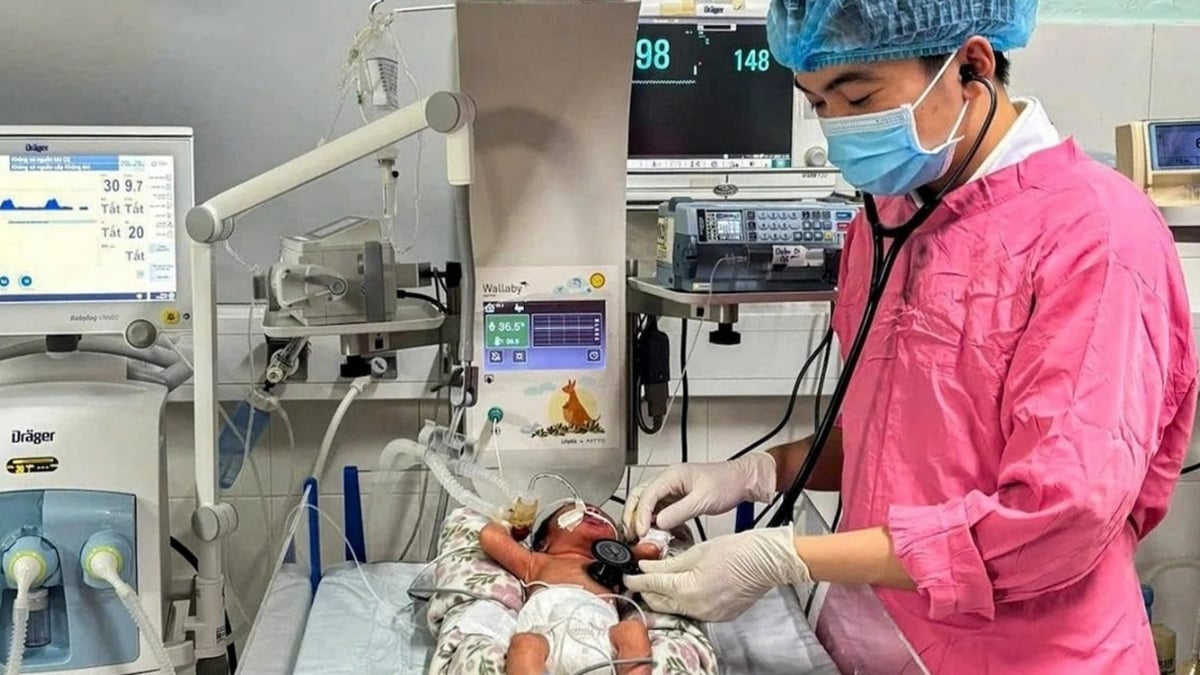The Ministry of Health has just issued a new Circular regulating the method of pricing medical examination and treatment services and adjusting medical examination and treatment prices according to the basic salary level prescribed in Decree 73/2024/ND-CP.
The Ministry of Health has just issued a new Circular regulating the method of pricing medical examination and treatment services and adjusting medical examination and treatment prices according to the basic salary level prescribed in Decree 73/2024/ND-CP.
The Ministry of Health has issued Circular No. 21/2024/TT-BYT, regulating the method of pricing medical examination and treatment services according to the law, as an important legal basis for implementing new technical service categories.
 |
| Illustration |
This Circular aims to enhance transparency, improve management efficiency and meet the needs of medical facilities nationwide.
According to Circular 21/2024/TT-BYT, the method of pricing medical examination and treatment services is built on two main methods: comparison method and cost method.
Medical facilities can choose to apply either of these two methods to determine service prices. In cases where both methods can be applied simultaneously, the comparison method will be prioritized to ensure accuracy and suitability to reality.
In particular, this Circular also provides specific guidance on the records and procedures for approving medical examination and treatment prices. This helps medical facilities to more easily develop price plans, while complying with regulations on the ratio of hospital beds on demand not exceeding 20% of the total number of beds implemented on average in the previous year. Regulations on the ratio of experts and doctors participating in medical examination and treatment on demand are also determined to not exceed 30%.
Decree 96/2023/ND-CP allows medical facilities to apply the current price until new regulations are issued, but no later than December 31, 2024. Accordingly, medical facilities will have to adjust service prices according to the new basic salary of VND 2.34 million, replacing the previous VND 1.8 million.
Medical facilities under the Ministry of Health and other Ministries/Sectors have begun to develop pricing plan documents based on the cost method, with the salary factor adjusted accordingly.
To date, the Ministry of Health has approved new prices for a number of special and first-class hospitals. Localities are also urgently implementing price approval according to the new basic salary level, ensuring that it does not exceed the ceiling price set by the Ministry of Health.
Adjusting the price of medical examination and treatment services will have certain impacts on the Health Insurance Fund as well as the people. According to the Ministry of Health, the current health insurance fund is able to balance because the revenue increases faster than the new payment level.
For people participating in health insurance, subjects such as the poor, ethnic minorities and social policy groups will enjoy 100% of the costs from the health insurance fund, so they will not be affected much.
However, for those with health insurance cards that require co-payments of 20% or 5%, costs will increase slightly but not significantly because the income of this group has also been adjusted according to the new basic salary.
For those who do not have health insurance cards, medical examination and treatment costs will increase, however, this impact mainly affects about 8% of the population who do not have health insurance.
The issuance of Circular 21/2024/TT-BYT is an important step in healthcare reform, helping medical facilities have a clear legal basis to determine and approve service prices.
At the same time, adjusting service prices according to the new basic salary level will also contribute to improving service quality, better meeting people's needs, towards a fair and sustainable healthcare system.
Source: https://baodautu.vn/dieu-chinh-gia-kham-chua-benh-theo-muc-luong-co-so-d229984.html



































































































Comment (0)